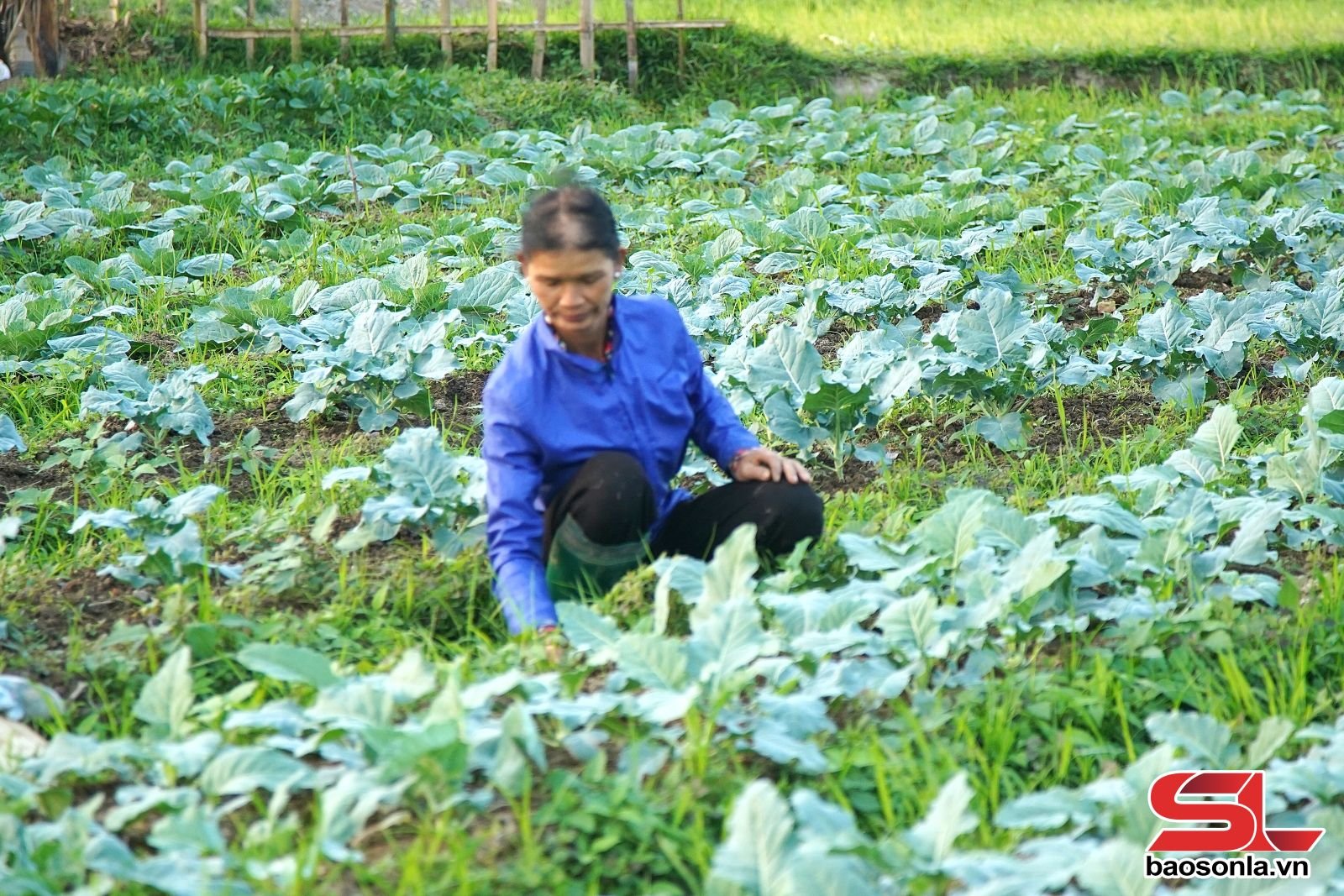
According to forecasts from professional agencies, this winter there will be 8-10 strong cold spells directly impacting Son La province, of which there will be about 4-5 long periods of severe cold, the temperature in high mountainous areas may drop below 00C with frost. Proactive cold prevention and control in highland communes in the province has been proactively deployed since the beginning of November with main tasks such as: Storing food for livestock; implementing measures to prevent frost for crops; preparing medicines and medical supplies to support people in highland areas; improving the capacity to forecast, warn and inform people about weather developments...
Mr. Nguyen Van Nguyen, Director of Son La Hydrometeorological Station, said: Based on collected data and forecasts of air masses that directly impact communes and wards, Son La Hydrometeorological Station has arranged staff on duty at meteorological stations throughout the province. When there is a cold air mass and severe cold spells, we will issue warning bulletins and forecast the temperature level as soon as possible. At the same time, promptly provide information to local authorities and people to proactively prevent and combat the cold to ensure the health of people, crops and livestock.
Regarding health care, medical facilities across the province proactively stock up on cold and flu medicines, antibiotics, oxygen tanks, and SpO2 meters for highland communes. Grassroots health workers are trained in emergency treatment for cases of frostbite, burns from heating, and CO poisoning when people use firewood and coal to heat a closed space. In addition, the grassroots health system coordinates with the broadcasters to advise people not to burn coal in closed houses, not to let children sleep near the fire, and for the elderly to limit going out between 4am and 7am. This limits the risk of gas poisoning caused by heating with coal and firewood and the risk of stroke for the elderly on days when the temperature drops sharply.
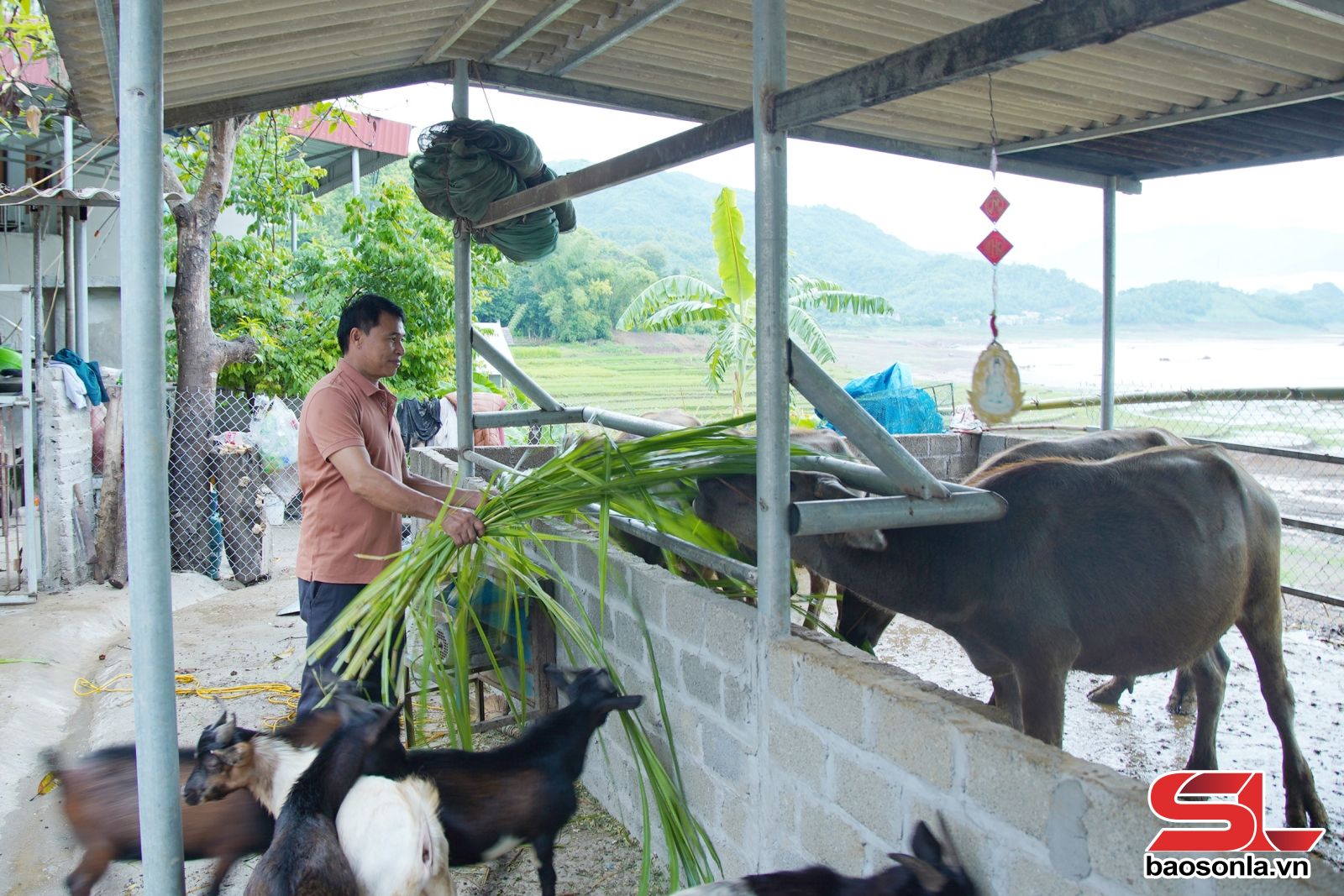
Mr. Dinh Van Truong, a medical worker at Suoi To commune, shared: In winter, in the mountainous commune of Suoi To, the temperature often drops sharply with cold rain, so people have the habit of using firewood and coal for heating. We have organized propaganda campaigns, encouraging people to only use this method to heat up in well-ventilated places with air circulation and absolutely not to close the door to light a fire to warm up. Thanks to that, from 2020 to now, the commune has not recorded any cases requiring emergency treatment due to CO poisoning due to burning a fire to warm up. We have also organized propaganda and instructed people on how to keep their bodies warm in the cold season, ensuring their health for work, production and study.
In addition, the agricultural sector has coordinated with communes and wards to count the winter crop planting area and livestock that need to be protected. On that basis, farmers are instructed to cover the winter vegetable and flower area with more than 8,500 hectares of plastic; keep the roots warm for more than 15,000 hectares of citrus fruit trees and plum trees. For livestock households, proactively storing feed for livestock has been implemented since the beginning of October. Households have also proactively vaccinated their livestock against foot-and-mouth disease. Along with that, technical instructions are given to build barns 40-50 cm above the ground, lined with rice husks to retain heat, ensuring warmth for livestock.
Mr. Pham Quang Anh, Khen Tien village, Muong Coi commune, shared: My family has more than 20 buffaloes and cows. A month ago, I received information about the cold air that will occur this winter. Therefore, I proactively stocked enough food for livestock until February next year. I also covered the barn with tarpaulin to keep the animals warm. In addition, I consulted heating support equipment such as heat lamps and heaters to equip the livestock area.
Focusing on directing localities in the province to proactively implement measures to respond to extreme weather this winter will contribute to protecting people's health and minimizing damage to farmers' livestock and crops.
Source: https://baosonla.vn/kinh-te/ung-pho-voi-thoi-tiet-cuc-doan-trong-mua-dong-kfLfyBivg.html


![[Photo] National Assembly Chairman Tran Thanh Man holds talks with President of the Senate of the Czech Republic Milos Vystrcil](/_next/image?url=https%3A%2F%2Fvphoto.vietnam.vn%2Fthumb%2F1200x675%2Fvietnam%2Fresource%2FIMAGE%2F2025%2F11%2F21%2F1763715853195_ndo_br_bnd-6440-jpg.webp&w=3840&q=75)
![[Photo] General Secretary To Lam receives President of the Senate of the Czech Republic Milos Vystrcil](/_next/image?url=https%3A%2F%2Fvphoto.vietnam.vn%2Fthumb%2F1200x675%2Fvietnam%2Fresource%2FIMAGE%2F2025%2F11%2F21%2F1763723946294_ndo_br_1-8401-jpg.webp&w=3840&q=75)
![[Photo] President Luong Cuong receives Speaker of the Korean National Assembly Woo Won Shik](/_next/image?url=https%3A%2F%2Fvphoto.vietnam.vn%2Fthumb%2F1200x675%2Fvietnam%2Fresource%2FIMAGE%2F2025%2F11%2F21%2F1763720046458_ndo_br_1-jpg.webp&w=3840&q=75)

![[Photo] Visit Hung Yen to admire the "wooden masterpiece" pagoda in the heart of the Northern Delta](/_next/image?url=https%3A%2F%2Fvphoto.vietnam.vn%2Fthumb%2F1200x675%2Fvietnam%2Fresource%2FIMAGE%2F2025%2F11%2F21%2F1763716446000_a1-bnd-8471-1769-jpg.webp&w=3840&q=75)



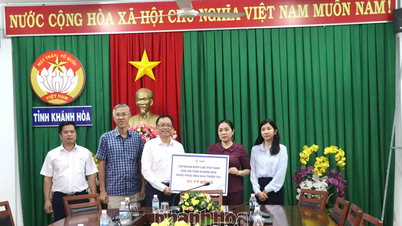

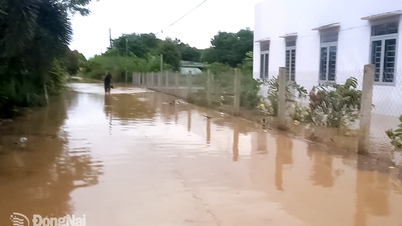

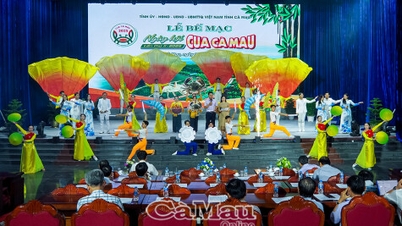



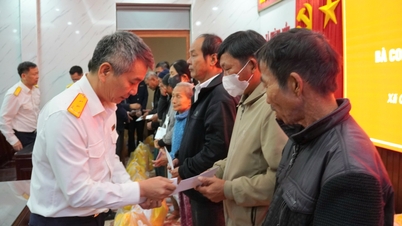




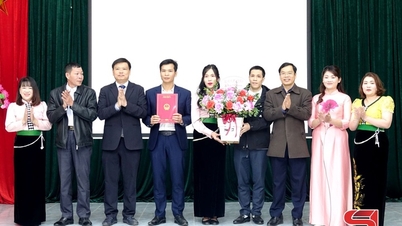
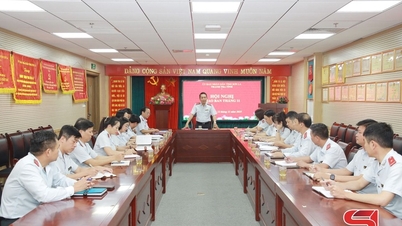
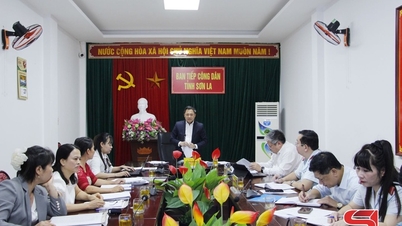
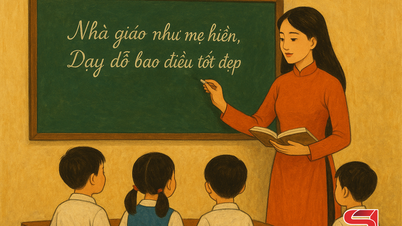

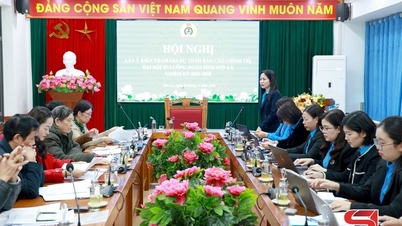












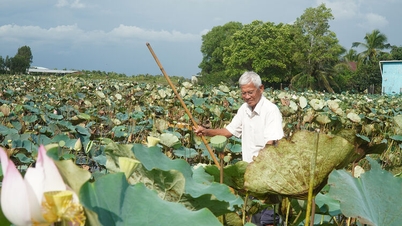

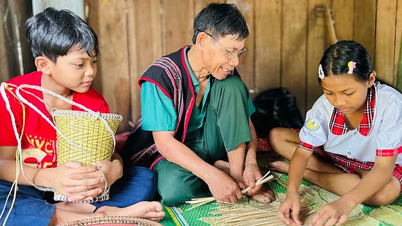










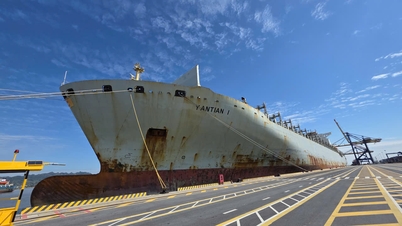
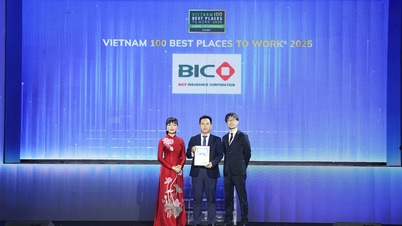




















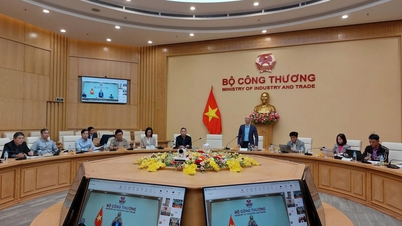





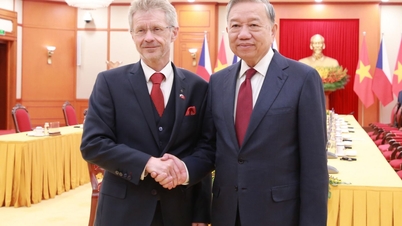
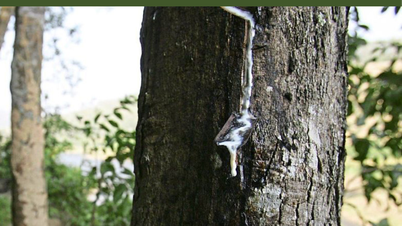



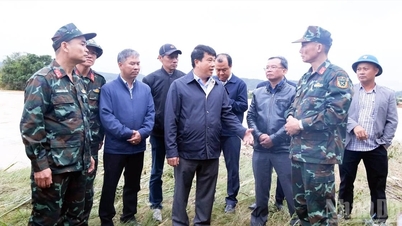
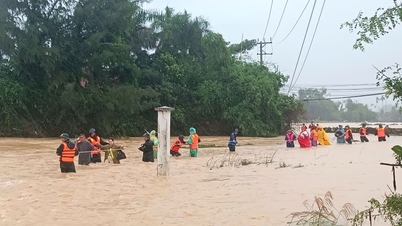
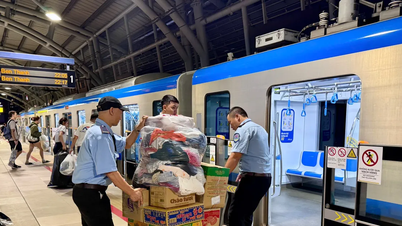

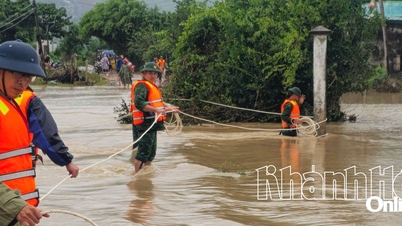
















Comment (0)